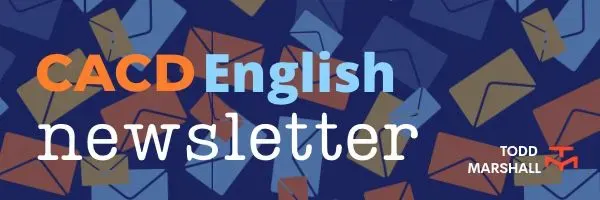Thursday, December 29
Try to follow these important three steps:
Translation answer keys | ||
| ||
Try to follow these important three steps: | ||
| ||
“Around eight in the evening of Sunday December 8th 1991, Mikhail Gorbachev, the president of the Soviet Union, picked up a phone call on a top-security line. | ||
“Por volta das oito horas da noite de domingo, dia 8 de dezembro de 1991, Mikhail Gorbachev, o presidente da União Soviética, *atendeu ao telefone em uma linha de alta segurança. | ||
The caller was Stanislav Shushkevich, a modest physics professor whom Mr Gorbachev’s reforms had placed at the helm of the Soviet Republic of Belarus a few months before. | ||
Quem telefonava era/telefonou foi Stanislav Shushkevich, um modesto professor de física que, após as reformas do senhor Gorbachev, foi colocado na liderança da República Soviética da Bielorrússia alguns meses antes. | ||
Mr Shushkevich was phoning from a hunting lodge in the magnificent Belovezh forest to tell the great reformer that he was out of a job: the Soviet Union was over. (...) | ||
O senhor Shushkevich telefonava de uma/um estalagem/pousada/hotel de caça na magnífica floresta de Belovezh para dizer ao grande reformador que ele estava desempregado: a União Soviética havia acabado/chegado ao fim. (...) | ||
The previous Sunday, Ukraine had voted overwhelmingly to ratify the declaration of independence from the Soviet Union which had been passed in its parliament, the Rada, immediately after the August coup.” | ||
No domingo anterior, a Ucrânia havia votado majoritariamente/esmagadoramente/de forma arrebatadora/em massa pela ratificação da declaração de independência da União Soviética, que havia sido aprovada em seu parlamento, a Rada, imediatamente após o golpe de agosto. | ||
* Conforme o Dicionário Prático de Regência Verbal, de Celso Pedro Luft, se o complemento for um pronome pessoal referente a PESSOA, só se empregam as formas objetivas diretas. Mas, se o complemento não for pessoa, atendendo à sintaxe clássica, há a presença da preposição. |
